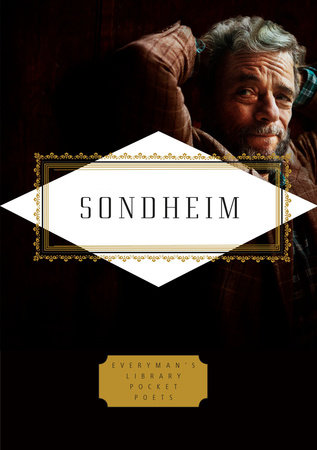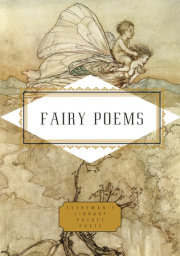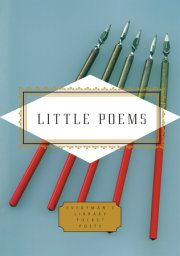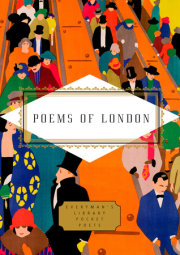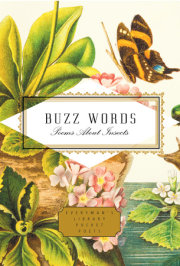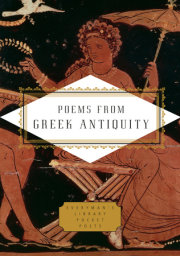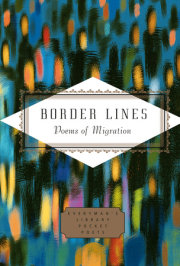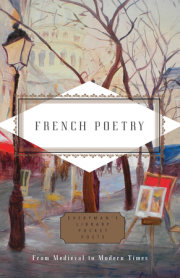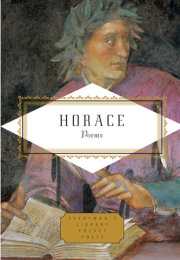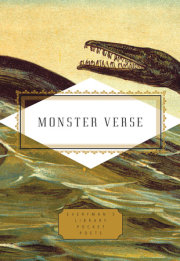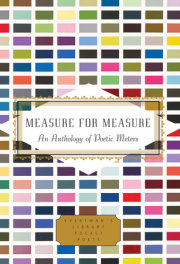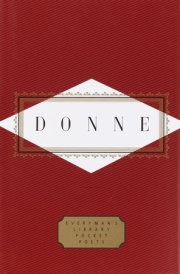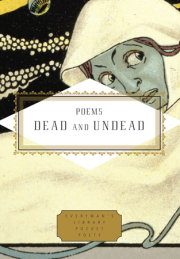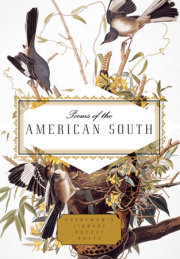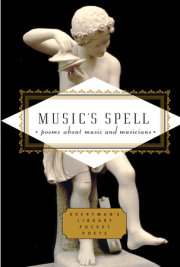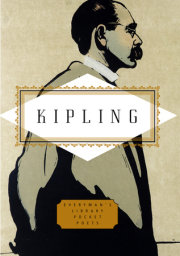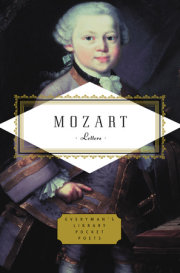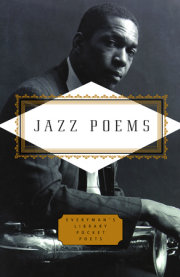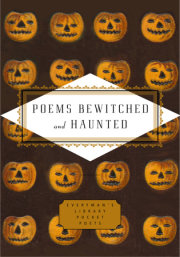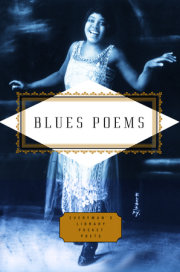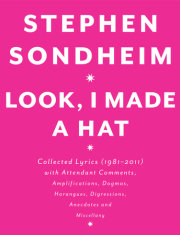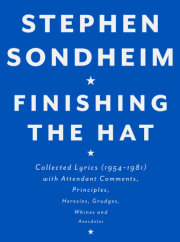INTRODUCTION by Peter Gethers
Nearly fifteen years ago, I was lucky enough to be at a dinner with Stephen Sondheim. I was not – and am not – a huge fan of musical theater but was – and am even more so now – what can only be described as a “Sondheim fanatic.” I saw the original Broadway production of
Company when I was a teenager and it completely altered my view of not only what musicals could do but of what theater was capable of doing. The show was angry, dark, cynical, funny and reflected the
angst of that period as well as the anguish, humor and thrill of relationships in a profound and stunning way. It was life-changing.
For some inexplicable reason, I missed seeing
Follies and
Merrily We Roll Along in their initial runs, but have seen every other original Broadway production of Stephen’s shows. I saw the fi rst version of his collaboration with James Lapine,
Sunday in the Park with George, twice and that’s when my fanaticism kicked into an even higher gear. It was unquestionably the greatest night of theater I had ever experienced and having now attended various productions over the years, that opinion holds. I’ve not only traveled to cities around this country to see local productions of Sondheim shows (the Philadelphia version of
Assassins was particularly memorable, with the assassination of Lincoln taking place in the actual balcony of the theater), I went to London several times so I wouldn’t miss specific productions and performances (such as Judi Dench in
A Little Night Music and Imelda Staunton in
Gypsy).
At that initial dinner were two longtime Sondheim friends – William Goldman, who had known him pre-
West Side Story, and Frank Rich, who had arranged the evening – and various spouses and companions. I learned that Sondheim shared my taste for noir movies and for Alan Ayckbourn’s plays, and got to hear stories about six-room apartments on Manhattan’s Upper West Side in the 1950s for $200 a month, and script doctoring Broadway shows during out-of-town tryouts, and something I never knew existed: anonymous song doctoring for Broadway musicals, which Sondheim had done in his youth to pick up some spare change and get a taste of the glamorous theater life. As a dutiful book editor, I asked the great man why he had never collected all his lyrics in a single volume. His answer was a tad surprising: “My ultimate nightmare is to see all my lyrics in one place.”
Undeterred by this seeming roadblock, I began to send pestering notes every three months or so, reintroducing myself, reminding him of our dinner together, and asking if he was ready to do a book of his lyrics. In response, I would get a handwritten note that basically and always politely thanked me and ended with a firm no. Then, nearly three years later, my assistant appeared in my doorway and said, breathlessly, “Stephen Sondheim just called and asked for your email address.” I calmly said, “Well, give it to him.” Several minutes later, a chapter arrived in my email inbox. Fittingly, the pages were about
Company, and it was not just a collection of lyrics, it was a very personal history of the production and analysis of many of the songs and even a bit of autobiography. That chapter was chosen to try first because the author thought it would be the
hardest for him to write and would prove that his prose was not worthy of a full-fledged book. The author was, of course, as wrong as he could possibly be, and that chapter eventually became, over the course of a few years, two full volumes,
Finishing the Hat and
Look, I Made a Hat and I believe, along with Moss Hart’s
Act One and Goldman’s
The Season, they are the best and
most valuable books ever written and published about the theater.
Working with Stephen was a pleasure and an education. The process was largely my asking questions that he usually answered, my making comments that he usually told me were wrong, and my arguing that he was too hard on his own lyrics and that his self criticisms weren’t correct, arguments I won on a few occasions.
While working together, here are a few of the things I learned about his lyric writing and his writing process:
– His overriding mantra is that God is in the details, and he will ponder and analyze those details until he gets as close to perfection as possible. Perhaps the best example of this is in the song “Losing My Mind.” Look at the difference in impact the shift from “and” to “to” has in the following stanza:
I dim the lights
And think about you,
Spend sleepless nights
To think about you.
You said you loved me,
Or were you just being kind?
Or am I losing my mind?
It would have been easy to repeat the word “and” but the shift creates such a higher level of anxiety and passion and obsession. The detail completely changes the level of turbulence in the song.
– Mr. Sondheim doesn’t like cleverness for the sake of being clever. His lyrical cleverness must be character driven (“A Little Priest”) or must come from the fact that he is trying to write within a particular song style or genre (“The Story of Lucy and Jessie”).
– He believes – no, insists – that lyrics are not poetry. One reason impossible to argue with is that lyrics are not written in a vacuum; they are written to go with music. True. But here is the OED definition of poetry: “noun. A piece of writing in which the expression of feelings and ideas is given intensity by particular attention to diction (sometimes involving rhyme), rhythm,
and imagery.” So I don’t get another email from Mr. Sondheim with the words “You are wrong” in the heading, I will let the readers decide for themselves if the words in this collection qualify as poetry. Read them in this collection or read them in their entirety in the two more complete books or listen to them with their accompanying music (mostly also Mr. Sondheim’s). I’m fairly sure I know on which side of the fence you will alight.
– For someone who I believe is the most emotionally devastating lyricist who ever lived (if you don’t like the sound of hysterical sobbing, try not to be anywhere in the vicinity if I am listening to “Children and Art”), he maintains a curious emotional distance from his own lyrics, vehemently maintaining that he writes only from the character’s perspective, not from his own. Do I believe this? Not really. At least not entirely. Yes, the emotional range of his lyrics is astonishing and worthy of an enormous crowd with disparate views. And while the melancholy of “Beautiful” may belong to Seurat’s mother, and the plaintiveness of “Children Will Listen” may belong to the Witch, and the bitterness of “Could I Leave You?” certainly belongs to Phyllis, and the loneliness of “I Wish I Could Forget You” emanates from both Giorgio and Fosca, and the genuine frivolity of “Comedy Tonight” bubbles out of Pseudolus, and the magnificent combination of cynicism and celebration of “Being Alive” comes from the soul of Bobby, they all can only belong to the genius, demons, love, and yes, poetry that all live inside Stephen Sondheim.
PETER GETHERS
Copyright © 2020 by Stephen Sondheim; Edited by Peter Gethers with Russell Perreault. All rights reserved. No part of this excerpt may be reproduced or reprinted without permission in writing from the publisher.

